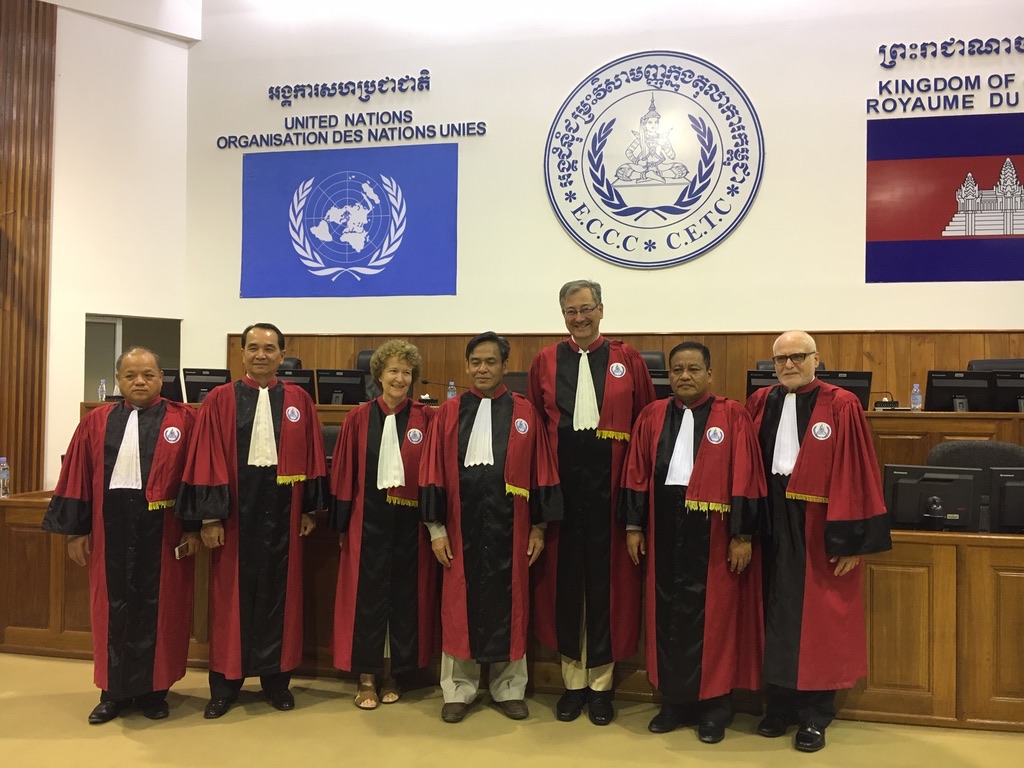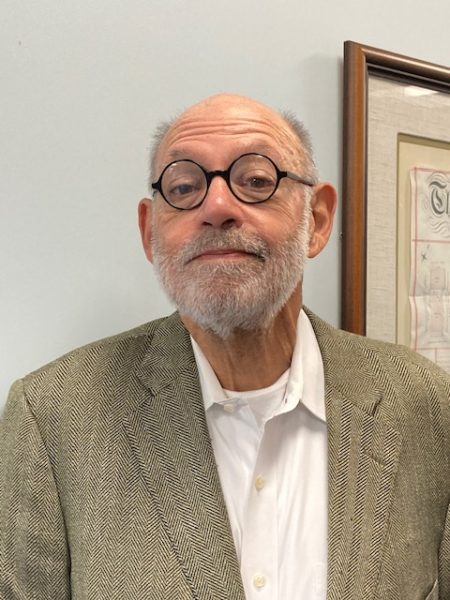Reflections on Brooklyn judge’s rare expertise and commitment to war crime accountability

The Hon. Martin Karopkin, who has served on judicial tribunals in Kosovo and Cambodia, brought his judicial and law enforcement expertise on war crimes to a special lecture he gave recently at Congregation Mount Sinai in Brooklyn Heights. A Heights resident and Brooklyn Law School alumnus, he served as an International Judge with the United Nations Mission in Kosovo and at the Extraordinary Chambers of the Courts of Cambodia (the “Khmer Rouge Tribunal”). Judge Karopkin also served in the New York State court system and as deputy commissioner of trials for the NYPD.
Most recently, Judge Karopkin had communicated with the Ukrainian government concerning war crime trial practices and procedures, before those trials began in Ukraine.

Roger Adler, a respected local criminal defense attorney, was in attendance at the Brooklyn Heights lecture. Adler is the former President of the Brooklyn Bar Association, the Kings County Criminal Bar Association, and Chair of the New York State Bar Association Criminal Justice Section.